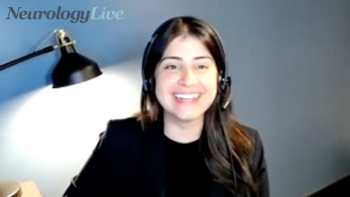
The neurology PGY-3 at Mayo Clinic in Arizona talked about findings from a retrospective cohort study that examined blood pressure in patients who were prescribed a migraine medication. [WATCH TIME: 6 minutes]

The neurology PGY-3 at Mayo Clinic in Arizona talked about findings from a retrospective cohort study that examined blood pressure in patients who were prescribed a migraine medication. [WATCH TIME: 6 minutes]
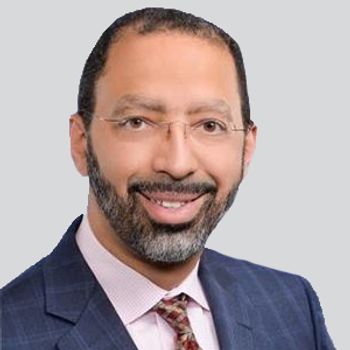
Findings from the 12-week study showed a significant decrease in total number of new gadolinium-enhancing lesions in patients with relapsing MS on fenebrutinib relative to placebo.
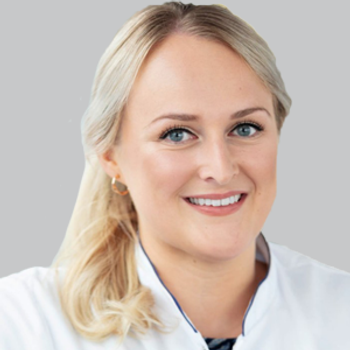
Following thymectomy, more than 80% of patients with myasthenia gravis showed symptom improvement, as demonstrated by changes in Myasthenia Gravis Foundation of America scores.
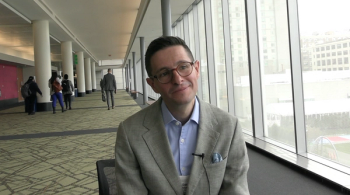
The associate professor of neurology at the Cleveland Clinic Lerner College of Medicine provided insight on the necessary research needed to understand why certain races experience more significant multiple sclerosis disease progress. [WATCH TIME: 4 minutes]

The director of the Sleep Disorders Center and staff in the Epilepsy Center at Cleveland Clinic provided perspective on the current state of sleep and epilepsy research, including the role of postical generalized EEG suppression as a biomarker for SUDEP.

Marcelo Bigal, MD, PhD, chief executive officer of Ventus Therapeutics, talked about the relationship between inflammation and neurodegeneration in Parkinson disease, and the importance of targeting NLRP3.

Improvements seen in patients with CDD during the 12-week maintenance period of the study were similar to that observed in a recent trial of ganaxolone, the first FDA-approved therapy for CDD.
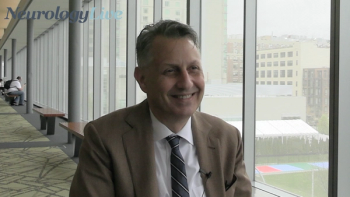
At the 2023 AAN Annual Meeting, the neuromuscular disease specialist and professor of neurology at the University of Kansas Medical Center talked about the phase 3 study investigating ataluren for Duchenne muscular dystrophy. [WATCH TIME: 5 minutes]

Differences in personal experience of dyskinesias in Parkinson disease were observed across multiple cultures, which could be attributable to intrinsic cultural peculiarities.
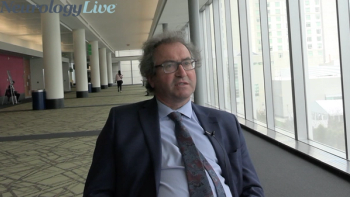
The director of the Mayo Clinic Center for Multiple Sclerosis and Autoimmune Neurology discussed findings from the phase 3 CHAMPION-NMOSD trial of ravulizumab in patients with neuromyelitis optica spectrum disorder. [WATCH TIME: 5 minutes]

Regardless of highly different demographics and smaller sample size, the association between amyloid in the brain and plasma was influenced by overall vascular risk score, and was only consistently observed in APOE ɛ4 carriers.

Timothy A. Leichliter, MD, a neurologist at Allegheny Health Network, provided context on the institution’s boxing program for Parkinson disease, and the need for patients to remain active.
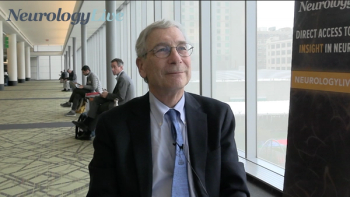
At the 2023 AAN Annual Meeting, the professor of neurology at the Geisel School of Medicine at Dartmouth talked about the effectiveness of a remote electrical neuromodulation device that offers potential relief for both episodic and chronic migraine. [WATCH TIME: 3 minutes]

Leo H. Wang, MD, PhD, FAAN, associate professor of neurology, University of Washington Medical Center, talked about the phase 2 study of losmapimod for facioscapulohumeral muscular dystrophy presented at the 2023 AAN Annual Meeting.

Participants with rheumatoid arthritis had a 1.74-fold higher risk of PD compared with those without, raising importance of an elevated risk.
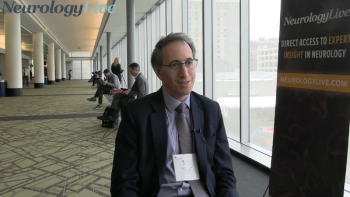
The senior academic at the University of Sydney discussed the reasons for using BC-LCLA and the modified MS Functional Composite in the phase 2 VISIONARY-MS trial. [WATCH TIME: 3 minutes]

Here's some of what is coming soon to NeurologyLive® this week.
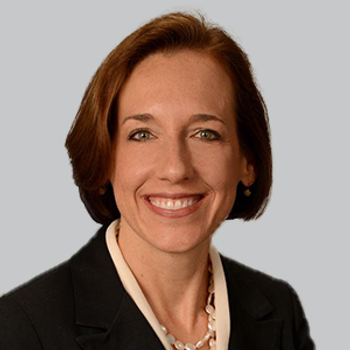
Teri Schreiner, MD, associate professor at the University of Colorado, talked about the impact of B-cell-depleting therapy in pediatric patients with MS infected with COVID-19.
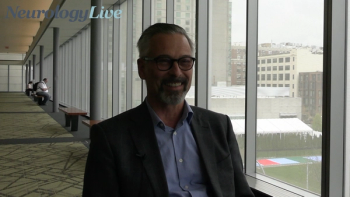
At the 2023 AAN Annual Meeting, the chief medical officer at Athira Pharma spoke about findings from a phase 2 trial in which various biomarkers related to neurodegeneration showed significant improvements. [WATCH TIME: 4 minutes]

Test your neurology knowledge with NeurologyLive®'s weekly quiz series, featuring questions on a variety of clinical and historical neurology topics. This week's topic is headache and migraine.

Jean-Cosme Dodart, PhD, senior vice president of research at Vaxxinity, discussed the progress of the UB-312 Parkinson disease vaccine, highlighting its findings from a phase 1 clinical trial, and plans for a phase 2 trial.

Positive associations between preexisting obstructive sleep apnea and probable post-acute sequelae among adults were attenuated but remained significant after adjusting for other comorbidities.
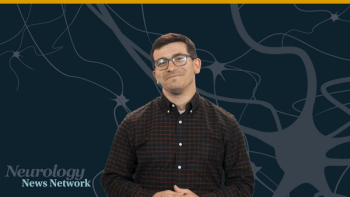
Neurology News Network for the week ending May 13, 2023. [WATCH TIME: 4 minutes]

The FDA is set to make a final decision later this month and, if approved, SRP-9001 would be the first gene therapy specific to treat Duchenne muscular dystrophy.

Take 5 minutes to catch up on NeurologyLive®'s highlights from the week ending May 12, 2023.
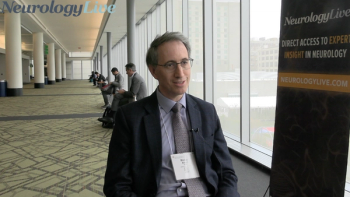
The senior academic at the University of Sydney provided perspective on the promising findings of the phase 2 VISIONARY-MS study of CNM-Au8 in relapsing multiple sclerosis. [WATCH TIME: 6 minutes]
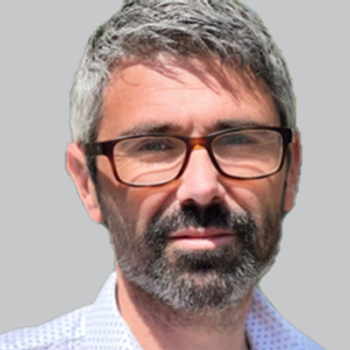
Alternative multiple sleep latency test parameters was found to be a better identification method for recognizing hypocretin-deficiency among patients with hypersomnolence and narcolepsy.
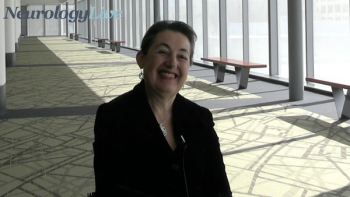
The professor of neurology at NYU Grossman School of Medicine and chief medical officer of the Epilepsy Foundation spoke about her talk on new treatments for drug resistant epilepsy given at the 2023 AAN Annual Meeting. [WATCH TIME: 6 minutes]

Taken together, the findings added to the growing evidence that widespread immunological and autonomic nervous system changes may contribute to long COVID.
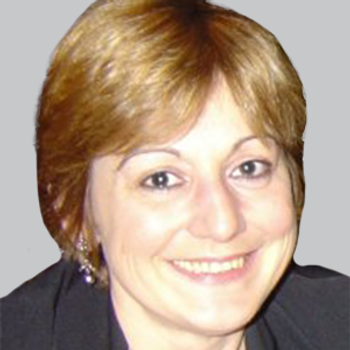
Findings showed that pediatric patients with narcolepsy who have had at least 2 components of metabolic syndrome may be at higher risk of future complications.